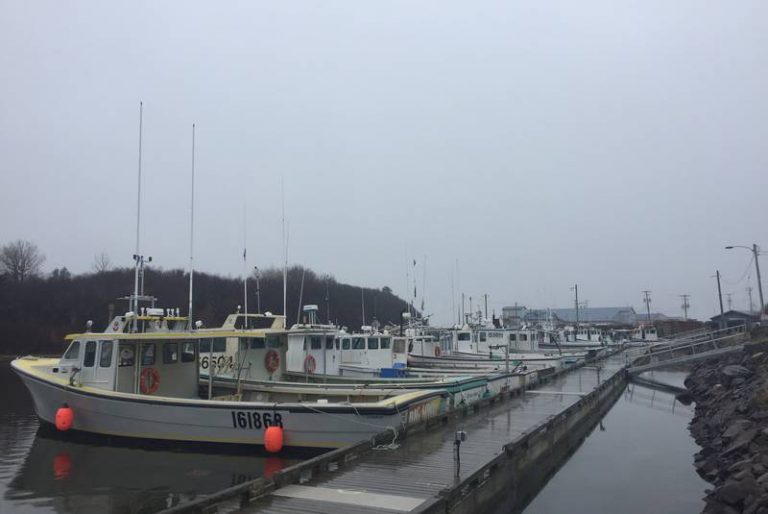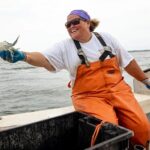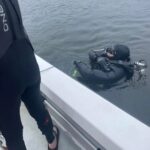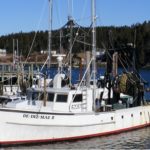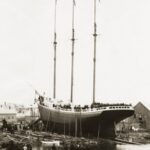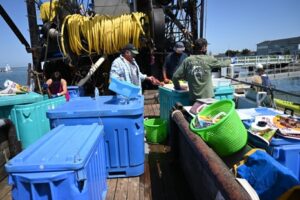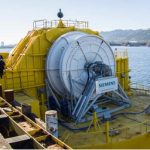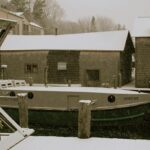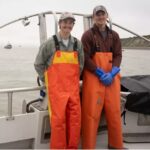Tag Archives: Environment Canada
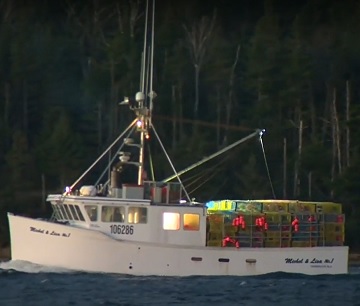
Opening days delayed for Canada’s largest and most lucrative lobster fisheries
The opening days for two of Canada’s largest and most profitable lobster fisheries have been delayed because of bad weather. The federal Fisheries Department says it is delaying by one day — to Tuesday — the opening of Lobster Fishing Area 33, which extends from Cow Bay in Halifax County south to Port La Tour, in Shelburne County. Meanwhile, the department has yet to announce the opening day for Lobster Fishing Area 34, which extends from Shelburne County around to the southwest coast of the province, because Environment Canada is forecasting gale conditions into Tuesday. Video, >click to read< 14:10
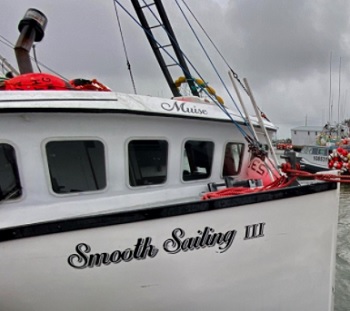
Delay, Delay, Delay. No Dec. 7 start to LFA 34 commercial lobster season off southwestern N.S.
While there had been a weather window for a possible start to the LFA 34 commercial lobster season later in the day on Monday, Dec. 7, it’s been decided that window wasn’t ideal enough to get things underway, and so the season start has seen another delay. The plan as of Monday morning was now for a conference call at 4 p.m. to discuss a possible Tuesday, Dec. 8 opening. A time of 4 a.m. for a Tuesday opening is being looked at it. The season had originally been slated to start on Nov. 30. >click to read< 12:09
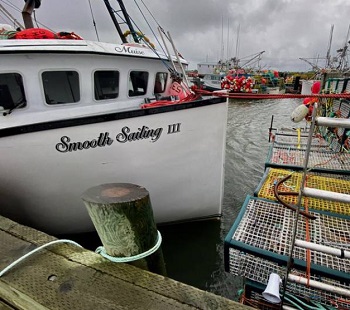
Dec. 7 dumping day on standby off southwestern N.S. – Captains and crews should be prepared to leave
The start of the LFA 34 commercial lobster season off southwestern N.S. remained on standby on Sunday evening, Dec. 6, following a late afternoon industry conference call. But there was a weather window being eyed for Monday, Dec. 7 for the season to possibly start anytime after 10 a.m.,, “If the call (Monday) morning gives the okay, there will be a delayed start, anytime after 10 a.m. Captains and crews should be prepared to leave late morning at the earliest on Monday, Dec. 7.” photos, >click to read< 16:52
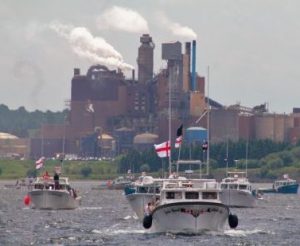
Nova Scotia communities await decision on contentious pulp mill pipeline
Allan MacCarthy, a fisherman based in Pictou County, said fishermen remain convinced the effluent would pose a threat to lobster, crab, herring and other species in the strait over time. His protests landed him in court last year when a temporary injunction was imposed ordering him to stop blocking survey activities by the company. “Until the minister announces it (the decision), there’s not much we can do. >click to read< 08:04
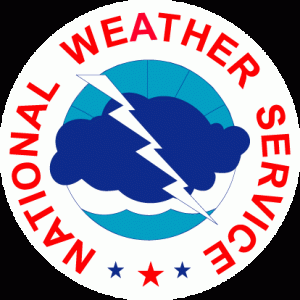
N.S. fishermen using more precise U.S. forecasts take concerns to Environment Canada
The national weather forecaster says it’s working with fishermen on Nova Scotia’s South Shore to improve forecasting in that area after learning fishermen were using American forecasts. Leland Anthony, warden of the Municipality of the District of Yarmouth, raised concerns about the precision of forecasts from Environment and Climate Change Canada at a recent meeting. Both Anthony and Lucien LeBlanc, a lobster boat captain and councillor for the Municipality of the District of Argyle, say fishermen in the area are using American forecasts, often from third-party apps like Magic Seaweed, which they say are more precise and easier to use. >click to read< 10:13
Weather may delay opening of lobster season
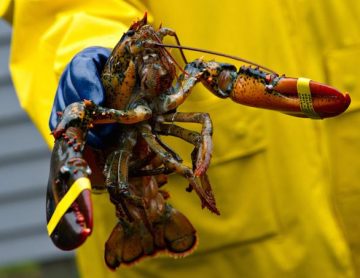 Rain, snow and wind could delay the opening of the lobster season in southwest Nova Scotia. Lobster Fishing Areas 33 and 34 are expected to make a decision about whether to go ahead with Monday’s “dumping day” late Saturday morning. Environment Canada has issued a special weather statement for Halifax, Lunenburg and Queens counties because of a low pressure system that’s expected to bring rain and snow over the weekend. But if the weather is fine, boats piled high with lobster traps in LFA 34 will leave the wharves at 6 a.m. and in LFA 33, at 7 a.m. Whether or not fishermen will be setting their traps on Monday, the province is reminding people who make their living on the water to be safe. Read the rest here 08:52
Rain, snow and wind could delay the opening of the lobster season in southwest Nova Scotia. Lobster Fishing Areas 33 and 34 are expected to make a decision about whether to go ahead with Monday’s “dumping day” late Saturday morning. Environment Canada has issued a special weather statement for Halifax, Lunenburg and Queens counties because of a low pressure system that’s expected to bring rain and snow over the weekend. But if the weather is fine, boats piled high with lobster traps in LFA 34 will leave the wharves at 6 a.m. and in LFA 33, at 7 a.m. Whether or not fishermen will be setting their traps on Monday, the province is reminding people who make their living on the water to be safe. Read the rest here 08:52
As Canada probes Haida Gwaii ocean fertilizing, new project proposed in Chile
 The federal government is still investigating an experiment off the West Coast almost four years ago aimed at boosting salmon stocks that sparked an international outcry. Now a former director and operations officer of Haida Salmon Restoration Corp. says he wants to carry out another ocean-fertilizing exercise, this time off South America. Jason McNamee says the company Oceaneos, where he serves as chief operations officer, has been in talks about fertilizing the ocean with iron with the Chilean government, which could not be reached for comment. In July 2012, the now-inactive Haida Salmon Restoration travelled to international waters near the islands of Haida Gwaii where it dumped 100 tonnes of iron sulphate into the water in an effort to restore waning salmon stocks. Read the rest here 08:26
The federal government is still investigating an experiment off the West Coast almost four years ago aimed at boosting salmon stocks that sparked an international outcry. Now a former director and operations officer of Haida Salmon Restoration Corp. says he wants to carry out another ocean-fertilizing exercise, this time off South America. Jason McNamee says the company Oceaneos, where he serves as chief operations officer, has been in talks about fertilizing the ocean with iron with the Chilean government, which could not be reached for comment. In July 2012, the now-inactive Haida Salmon Restoration travelled to international waters near the islands of Haida Gwaii where it dumped 100 tonnes of iron sulphate into the water in an effort to restore waning salmon stocks. Read the rest here 08:26
Tropical storm Kate to bring high winds, waves to southern Grand Banks
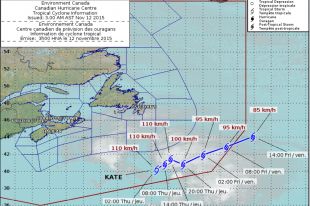 Environment Canada has issued a tropical cyclone information statement for Newfoundland in relation to tropical storm Kate. The weather office says Kate is transitioning to a post-tropical storm and will have no direct effects over land. However, it will give bring strong winds to the southern Grand Banks today. The system is about 720 kilometres south of Cape Race, with maximum sustained winds of 110 km per hour. Its current movement is east-northeast at 56 km/hour.
Environment Canada also says waves near seven metres are possible not far from the storm centre. Read the rest here 11:15
Environment Canada has issued a tropical cyclone information statement for Newfoundland in relation to tropical storm Kate. The weather office says Kate is transitioning to a post-tropical storm and will have no direct effects over land. However, it will give bring strong winds to the southern Grand Banks today. The system is about 720 kilometres south of Cape Race, with maximum sustained winds of 110 km per hour. Its current movement is east-northeast at 56 km/hour.
Environment Canada also says waves near seven metres are possible not far from the storm centre. Read the rest here 11:15
As Our Oceans Degrade, The Environmentalist Network Stays Focused on their Overfishing Bread and Butter
![]()
Canadian scientists warn of artificial sweeteners in oceans. It means that up to 72 metric tonnes (160,000 pounds) of sweetener are pouring into Lake Erie. Because the sweeteners — used in products like diet soda, chewing gum, yogurt and as sugar replacements in tea and coffee to avoid weight gain — cannot be broken down by the human body, the artificial sweeteners pass right through. They cannot be broken down by wastewater treatment plants either, meaning the undiluted sweeteners enter the water supply used as drinking water for humans and animals. Read the rest here 10:08
Changes to the Fisheries Act have some people concerned of potential harm to Atlantic Canada’s coast.
 “All other industries have been able to comply with the general provisions of this act and still remain viable,” Bill Ernst, a former toxicologist with Environment Canada, told reporters on Tuesday. “In my opinion, the reason that the changes are being made is just to reduce the oversight of Environment Canada, who is the administrator of that section of the [Fisheries] Act and allow the industry more free access to some of the higher-risk chemicals” used to kill sea lice. Read the rest here 15:06
“All other industries have been able to comply with the general provisions of this act and still remain viable,” Bill Ernst, a former toxicologist with Environment Canada, told reporters on Tuesday. “In my opinion, the reason that the changes are being made is just to reduce the oversight of Environment Canada, who is the administrator of that section of the [Fisheries] Act and allow the industry more free access to some of the higher-risk chemicals” used to kill sea lice. Read the rest here 15:06
Critical Offshore Weather Stations Dead for Six Months – Seafarers push for fix, citing heightened risks in storm-wracked BC waters.
 Environment Canada lacks the resources to keep critical weather monitoring stations up and running throughout the year off the B.C. central coast, putting commercial and recreational mariners at risk as they enter one of the B.C. coast’s most dangerous stretches of open water. Read the rest here 08:32:10
Environment Canada lacks the resources to keep critical weather monitoring stations up and running throughout the year off the B.C. central coast, putting commercial and recreational mariners at risk as they enter one of the B.C. coast’s most dangerous stretches of open water. Read the rest here 08:32:10
Calais man who sold pesticide that killed lobsters admits lying to agents
A Calais man waived indictment and pleaded guilty Wednesday in federal court to making a false statement to federal agents in connection with the illegal use of a pesticide in Canada five years ago. Read the rest here 09:31
Oceanography study examines risks of Old Harry Oil and Gas development
 A team of environmental researchers is trying fill some of the knowledge gaps in exploring for oil and gas in the Gulf of St. Lawrence and the preliminary results give some idea of how vulnerable western Newfoundland’s coastline might be to a spill. Read more here 10:34
A team of environmental researchers is trying fill some of the knowledge gaps in exploring for oil and gas in the Gulf of St. Lawrence and the preliminary results give some idea of how vulnerable western Newfoundland’s coastline might be to a spill. Read more here 10:34
US AquaBounty genetically-modified salmon eggs approved for commercial exports by Environment Canada – Lack of egg export limit puzzles scientists
 Dylan Fraser and David Meerburg are independent scientists who were part of a 23-member panel that reviewed a risk assessment document from the Department of Fisheries and Oceans. AquaBounty is producing eggs in Bay Fortune, P.E.I. for salmon that are genetically-modified to grow twice as fast as regular salmon.The eggs are exported to Panama to be grown into full-size fish. The American company has applied to the U.S. FDA to be allowed to sell the fish as food in the U.S. AquaBounty applied to Environment Canada to export the eggs commercially if it gets that FDA approval. The P.E.I. plant has been operating as a research facility, but Environment Canada has approved it for commercial production. more@cbcnews 19:26
Dylan Fraser and David Meerburg are independent scientists who were part of a 23-member panel that reviewed a risk assessment document from the Department of Fisheries and Oceans. AquaBounty is producing eggs in Bay Fortune, P.E.I. for salmon that are genetically-modified to grow twice as fast as regular salmon.The eggs are exported to Panama to be grown into full-size fish. The American company has applied to the U.S. FDA to be allowed to sell the fish as food in the U.S. AquaBounty applied to Environment Canada to export the eggs commercially if it gets that FDA approval. The P.E.I. plant has been operating as a research facility, but Environment Canada has approved it for commercial production. more@cbcnews 19:26
Environment Canada greases the AquaBounty skids – clears one hurdle but still waits for key OKs
![]() What seemed like a step towards approving the world’s first genetically modified (GM) creature for human consumption a few days ago actually “doesn’t change anything,” according to a spokesman for AquaBounty Technologies, which has been trying to bring a transgenic salmon to market for years. Last week, the company got permission from Environment Canada to ramp up production of salmon eggs from research levels to greater commercial quantities. more@cbcnews
What seemed like a step towards approving the world’s first genetically modified (GM) creature for human consumption a few days ago actually “doesn’t change anything,” according to a spokesman for AquaBounty Technologies, which has been trying to bring a transgenic salmon to market for years. Last week, the company got permission from Environment Canada to ramp up production of salmon eggs from research levels to greater commercial quantities. more@cbcnews
Scientists say radiation levels low to non-existent in BC-caught fish

As the Fukushima nuclear power plant continues to leak radioactive material, what does that mean for fish caught in the Pacific Ocean off the BC coast? Environment Canada says there’s nothing to worry about right now. more@news1130 10:41

































